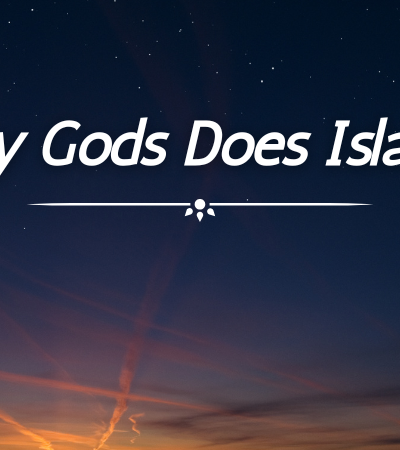
Islam believes in one God (Allah), a concept called Tawheed. The article will define “Allah” and compare Islamic monotheism to other faiths.
Continue Reading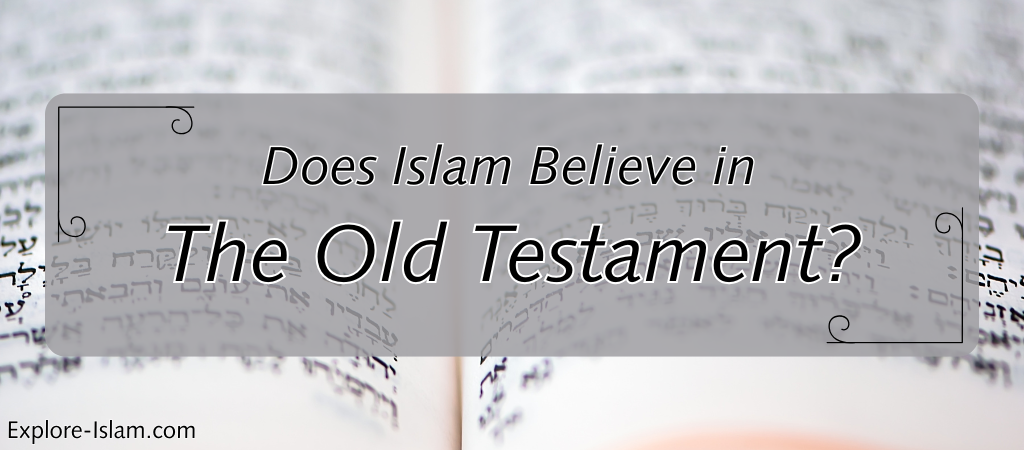
The article clarifies Islam’s stance on the Old Testament and its view of the People of the Book (Jews and Christians).
Continue Reading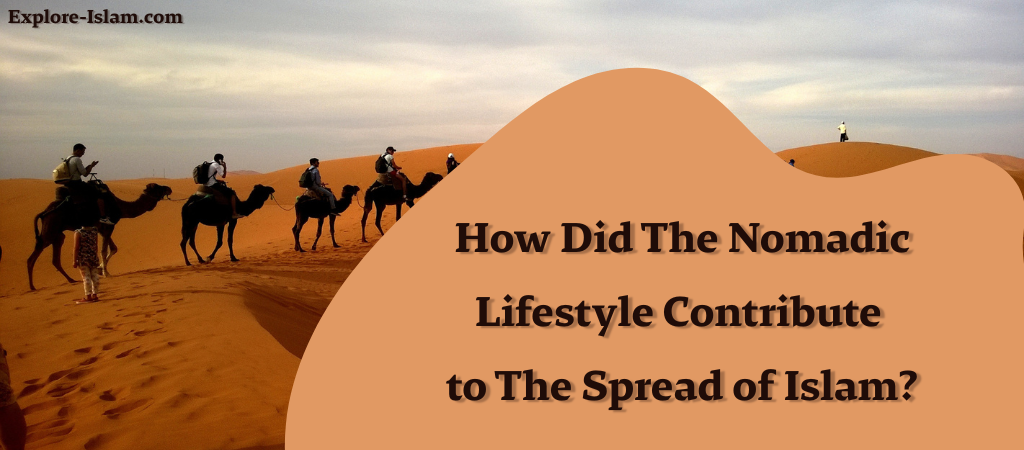
The text explores how the nomadic lifestyle provided an ideal foundation for the spread of Islam.
Continue Reading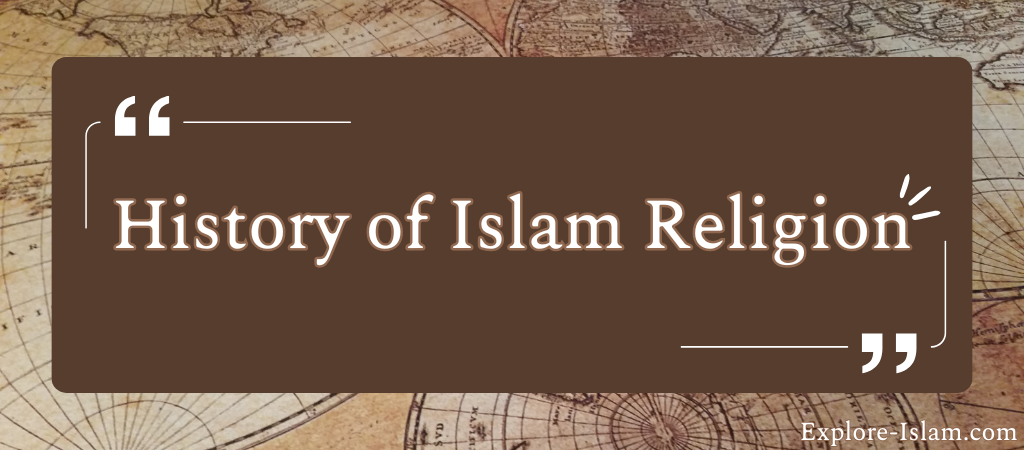
Introduces the history of Islam, exploring the key milestones that trace its rise from a single revelation into a major world religion.
Continue Reading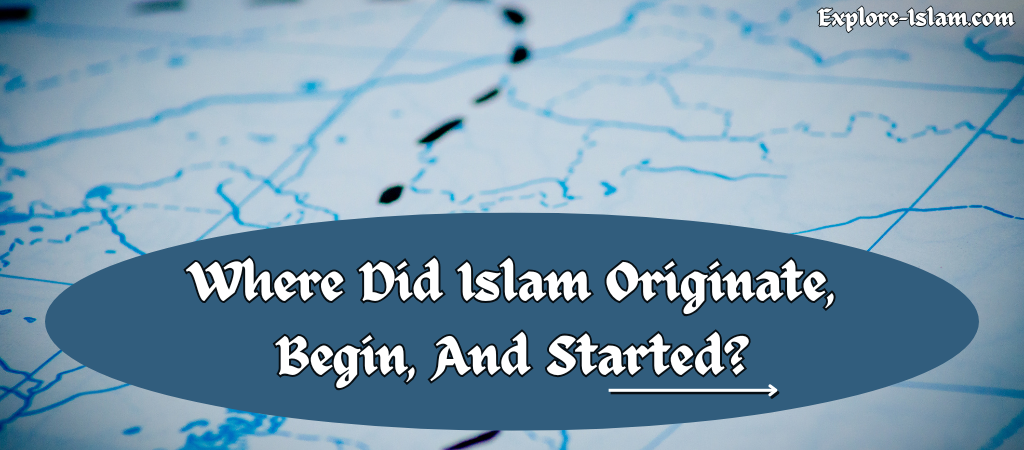
The guide covers the 7th-century Arabian origins of Islam and the Prophet Muhammad’s revelations, addressing common misconceptions.
Continue Reading
Islamic prohibitions for women stem from divine mercy, acting as a protective shield and grant them true freedom from objectification.
Continue Reading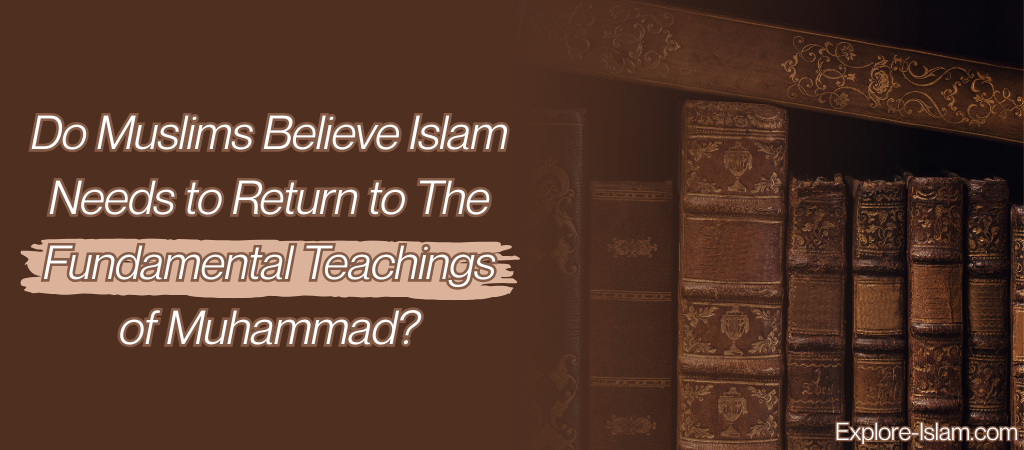
The text examines the necessity of adhering to Prophet Muhammad’s fundamental teachings, contrasting it with innovation in Islam.
Continue Reading
The text will clarify the context of the hadith about women and Hell, asserting its guidance improves a Muslim woman’s life and faith.
Continue Reading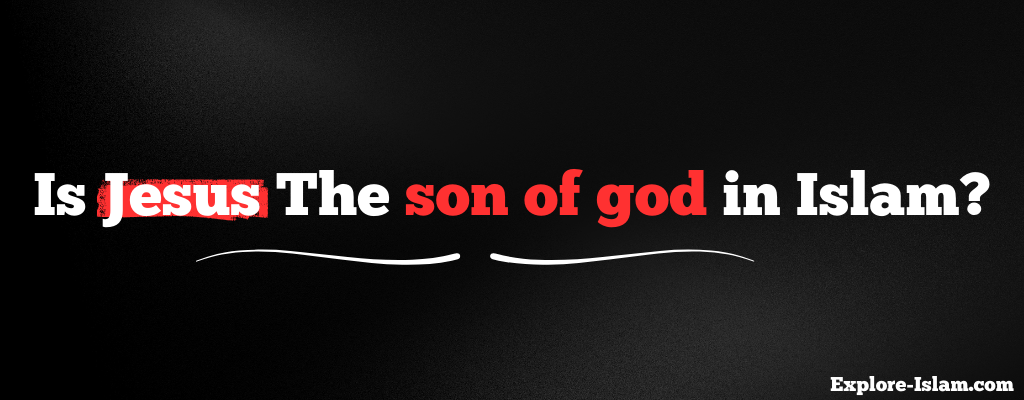
Islam rejects Jesus as the son of God, focusing on the belief in one God. The Quran emphasizes this monotheistic principle.
Continue Reading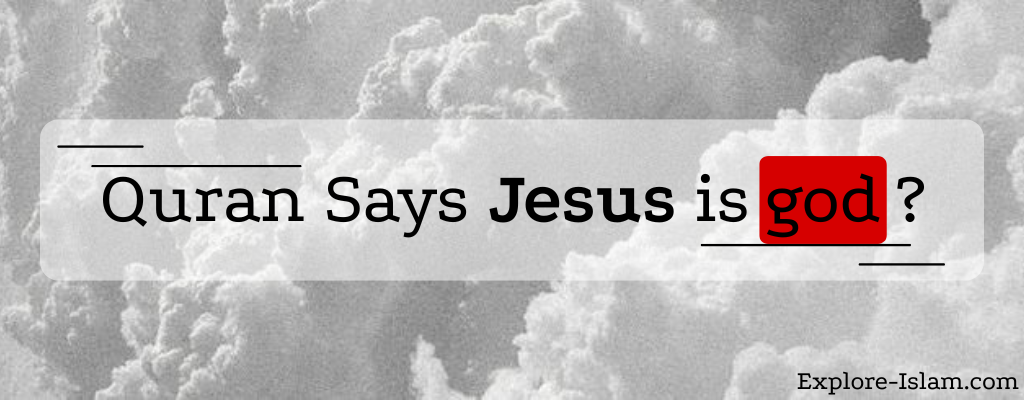
The Quran regards Jesus as a respected prophet, not divine. Islam firmly upholds monotheism, rejecting the idea of Jesus’ divinity.
Continue Reading
Islam grants women equal status and full rights, countering the myth of oppression and explaining its appeal to female converts.
Continue Reading
Text offers a collection of inspiring quotes from the Quran and Sunnah to illustrate how Islam honors the status of women in all their roles.
Continue Reading